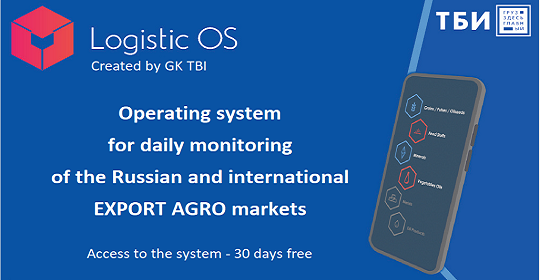The measures taken should, among other things, help stabilize prices in the domestic market.
One of the changes is as follows: if products from the inventory fund are sold through tenders, the custodian is obliged to conclude a storage agreement within 5 working days on the conditions that were specified in the storage agreement between the agent and the custodian.
During the inspections, the Federal Antimonopoly Service revealed that the elevators, which store grain from the intervention fund, set prices in contracts for their services that exceeded the prices of the commercial market.
The FAS also revealed massive violations of antimonopoly legislation. There were cases when the grain simply disappeared.
The Ministry of Agriculture, together with the Antimonopoly Department, has prepared amendments to the federal law on the development of agriculture, according to which the Ministry of Agriculture will have the right to exclude from participation in the competitive selection of keepers who have violated the storage conditions earlier.
According to Dmitry Rylko, Director General of the Institute for Agricultural Market Studies, these changes are necessary, but other problems still need to be addressed:
— standard shipment times, which must be within a certain period
— prohibit changing the established tariffs. Those elevators that are used to store the stocks of the intervention fund must use publicly fixed rates.
The reform of the intervention fund provides for storing in it the minimum grain balance in the amount of 3 million tons, as well as the creation of an intervention fund for storing 250 thousand tons of sugar for retail chains.
Procurement for the intervention fund should resume in 2022-2023.

